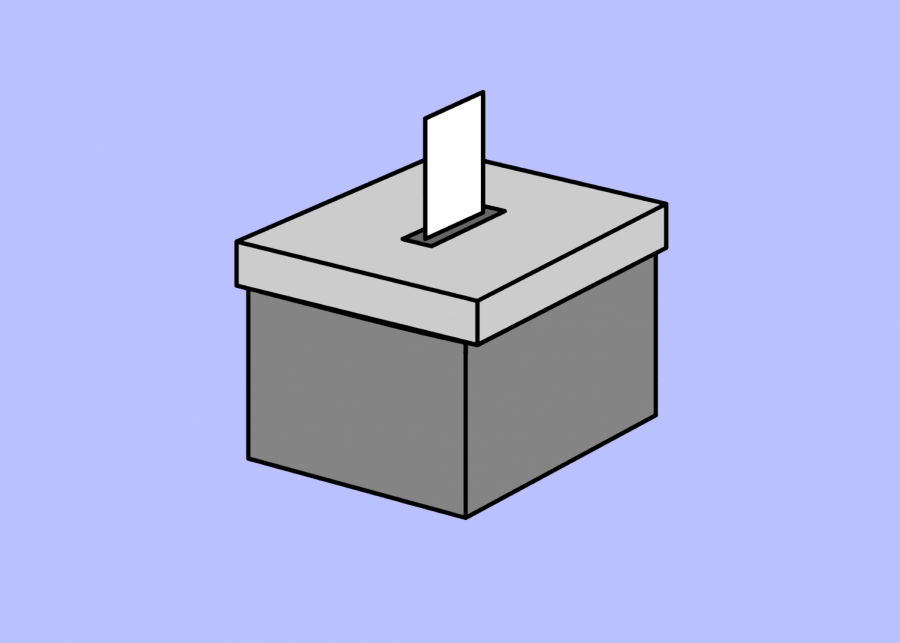Suppression, not fraud
September 27, 2018
President Donald Trump has made some uncommonly inane, obtuse and unsubstantiated claims in his tenure as president: repeatedly claiming that Obamacare was “imploding,” insisting his inauguration crowd represented the “biggest [inaugural] crowd in history,” and asserting that his approval of the Keystone and Dakota Access pipelines brought in 48,000 jobs. But perhaps his most deceptive (and most protracted) lie concerns the supposed “millions of people who voted illegally” in the 2016 presidential election. Trump has been firm on this, going so far as to establish the Presidential Advisory Committee on Election Integrity by executive order to investigate the false claims. The Committee was disbanded in January, and all the state voter information collected was destroyed.
Trump’s attempts to substantiate his acrimonious nonsense are deservedly mocked and discredited across many platforms of media, but it is important to recognize that this kind of preposterous rhetoric did not begin with, and will not end with, Trump.
Key Republican Party members like Kris Kobach and J. Christian Adams have parroted his claims of voter fraud, stating that as many as four to five million deceased or otherwise illegitimate parties voted in favor of Hillary Clinton. The impetus behind these fraudulent claims is simple: the powerful and wealthy want to disenfranchise minority groups and the poor in order to maintain their hold on power. In the past, conservative administrations in states such as Texas, Georgia, and Kentucky have instituted felon disenfranchisement laws which prevent convicts from voting in the general election; this disenfranchisement is an implicit attack against minorities who make up a disproportionate percentage of the prison population due to the discriminatory nature of the legal system.
Often state and local governments will attempt to institute voter I.D. laws; this puts undue strain on the poor populace who may not own cars, and therefore have no incentive to obtain a driver’s license, one of the most common forms of identification. Inactive voters are often purged from voting rolls without notice, resulting in denial at polling locations. Perhaps most worrying of all is the Supreme Court’s ruling in the 2013 case Shelby County v. Holder which removed section 4(b) of the 1965 Voting Rights Act, containing stipulations to prevent states from enacting changes to voting laws that may cause discrimination against minority groups. This decision was not based on any perceived improvement in voter enfranchisement, but rather simply because the data used to determine 4(b)-adherent states was old. In the five years since this decision, states once subjected to these stipulations have altered voter services such as same-day and online registration, pre-registration for 17-year-olds, and the opportunity to vote early.
There is no reason to expect that 2020 will be any different. Trump and top Republican leaders will continue to disingenuously fear-monger about voter fraud, all the while suppressing the opinions of the masses. They actively want to hear less from the American populace: don’t let them.






















